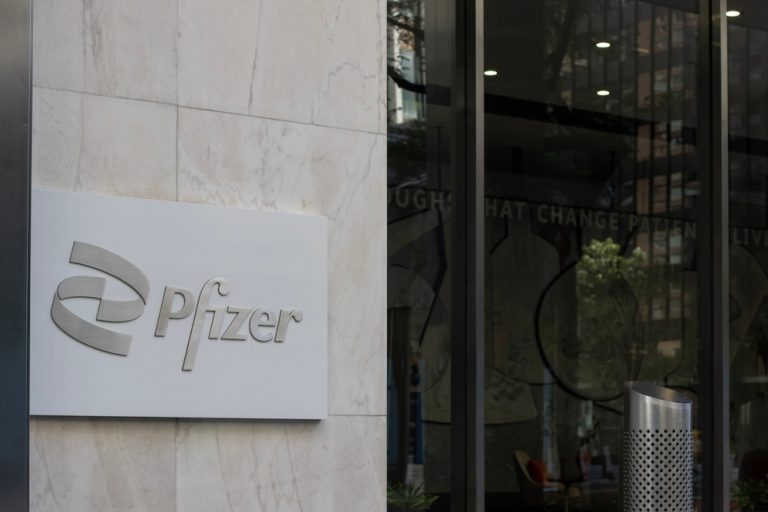The UK’s economic growth prospects have taken a hit as the nation grapples with lingering inflation and elevated interest rates. According to the latest projections by the Office for Budget Responsibility (OBR), the UK will witness subdued growth over the next two years, a downturn from prior optimistic forecasts. Despite the chancellor’s recent policy maneuvers, including tax cuts and benefit increases, the Labour Party criticizes the measures as insufficient to counter the effects of what they deem “Tory economic recklessness.”
The independent OBR’s biannual forecasts, essential for gauging the government’s financial path, have been revised based on current economic conditions. While the UK’s economy is expected to grow by 0.6% this year, a slight uptick from recessionary fears, the outlook for 2024 and 2025 has been significantly lowered to 0.7% and 1.4%, respectively. “The economy has proved more resilient to the pandemic and energy crisis shocks than we anticipated. But inflation has also been more persistent and interest rates higher than [forecast] in March,” the OBR noted.
Inflation, a critical indicator of economic health, is projected to remain above the Bank of England’s 2% target until 2025, with a slower-than-anticipated decrease to 2.8% by the end of 2024. This sustained inflationary pressure severely impacts living standards, expected to rebound to pre-pandemic levels in 2027-28. The OBR suggests that the forecasted 3.5% dip in real disposable income for households in 2024-25 will be the “largest reduction in real living standards since Office for National Statistics records began in the 1950s.”
In his Autumn Statement, Chancellor Jeremy Hunt acknowledged the challenges but remained optimistic about the UK’s growth compared to the eurozone. He emphasized the need for increased productivity, pointing to his policies to boost private-sector investment as a pathway to economic recovery. Despite these challenges, Hunt conveyed that government borrowing and debt would be lower than anticipated due to higher tax receipts and a “disciplined approach to public spending.”
The UK’s economic landscape appears fraught with challenges as it navigates through inflationary pressures and a climate of high interest rates. The government’s forecasters and policymakers adjust expectations and strategies accordingly, seeking a balance between fiscal prudence and the need to stimulate growth. As the OBR suggests, the path ahead will be cautious navigation through economic headwinds, hoping to eventually steer towards stability and prosperity.























+ There are no comments
Add yours